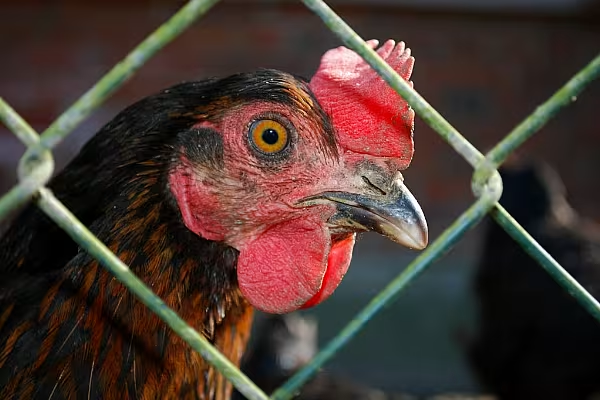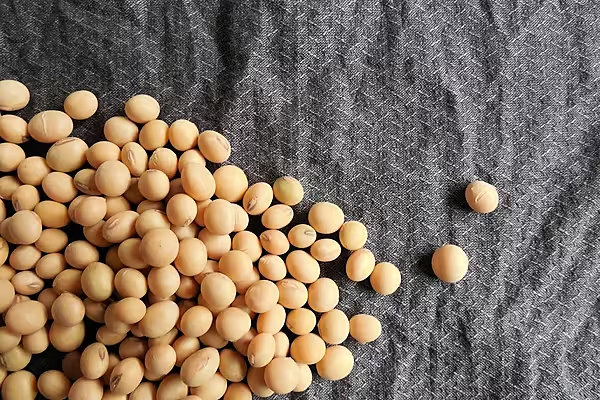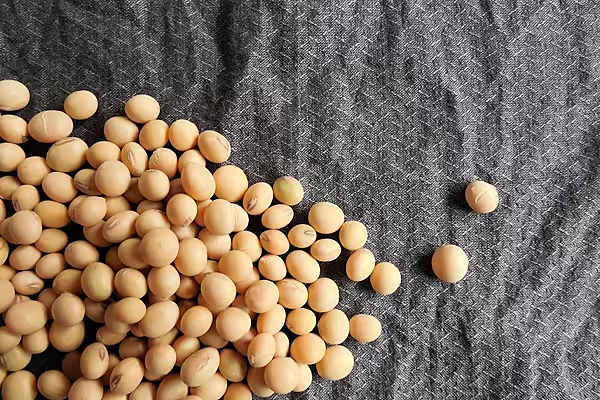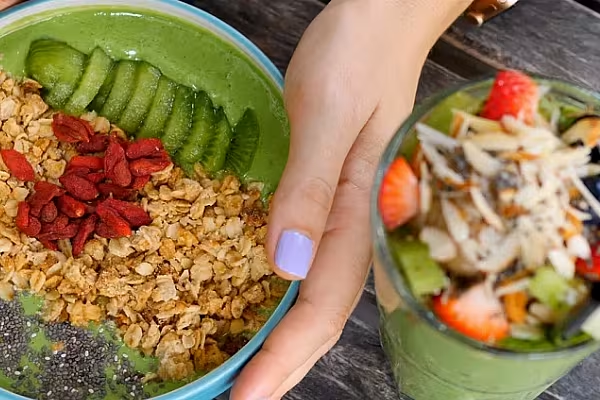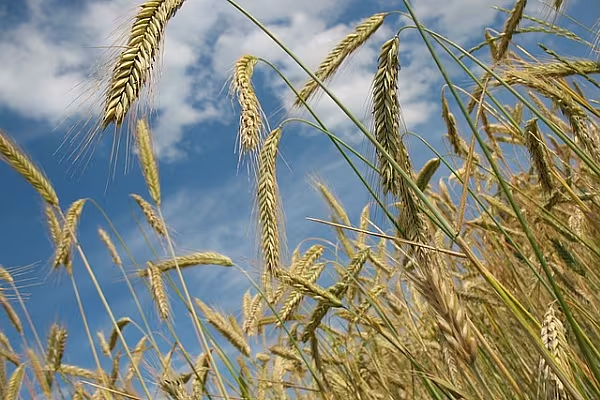For Brazil’s enormous chicken industry, facing a surprise domestic shortage of corn with which to feed its birds, the solution seemed obvious: import the grain from the U.S., where stockpiles have never been bigger.
Yet there have been no imports from the U.S. so far this year, even though the corn shortfall is so severe that the chicken producers have cut output by 10 percent in recent months. The companies aren’t buying American grain because they’re concerned that Brazil’s stringent regulations on genetically modified organisms, or GMOs, threaten to hold up shipments, according to people familiar with the situation.
The fate of one corn cargo that arrived in Brazil in April illustrates their worries about potentially costly port delays. The shipment was from Argentina, which grows a few varieties of modified corn not allowed in Brazil, and it was initially prevented from unloading, one of the people said. While no rules were broken and the grain was eventually allowed onshore, it took a week for the buyer to convince the authorities that the cargo was legitimate, the person said.
In Brazil -- and many other countries -- GMOs are a sensitive topic and are the target of campaigning by environmental groups. Modified agricultural commodities must be carefully segregated and port inspections are strict. Brazil allows farmers to grow GMO soybeans and 29 varieties of modified corn. However, there are 43 types of GMO corn grown in the U.S., according to the International Service for the Acquisition of Agri-Biotech Applications, an industry group.
Brazil’s chicken industry, the world’s biggest exporter of the meat, and grain traders are now considering whether to request approval from the government to import GMO crops that aren’t currently permitted, said the people, who asked not be identified because the deliberations are private.
Neri Geller, agricultural policy secretary at the Agriculture Ministry, confirmed the discussions and said they’re still preliminary. "A formal request hasn’t been made to the Agriculture Ministry yet," he said Monday in an interview
Brazil’s National Technical Commission for Bio-Safety (CTNBio), the body responsible for GMO approvals, hasn’t received any formal request to authorize the importation of corn varieties currently forbidden, nor has it been told about difficulties with shipments, it said Tuesday in an e-mail.
Import Taxes
The uncertainties of importing modified crops in Brazil illustrate how the wide variation in GMO regulation around the world can sometimes disrupt international trade. In recent years, some of the largest commodity trading companies have refused to take certain GMO crops from farmers because the seeds used hadn’t received a full array of global approvals, something that can lead to holdups at ports or even the rejection of entire cargoes.
In Brazil, GMO corn was planted in 13.5 million hectares in the current 2015-16 season, accounting for about 86 percent of the country’s crop, according to crop forecaster Celeres.
In theory, it should be easier to buy from the U.S. after the April suspension by Brazil of import taxes on corn imported from outside the Mercosur trading bloc. But U.S. government data shows there have been no exports to Brazil in 2016.
News by Bloomberg, edited by ESM. To subscribe to ESM: The European Supermarket Magazine, click here.
